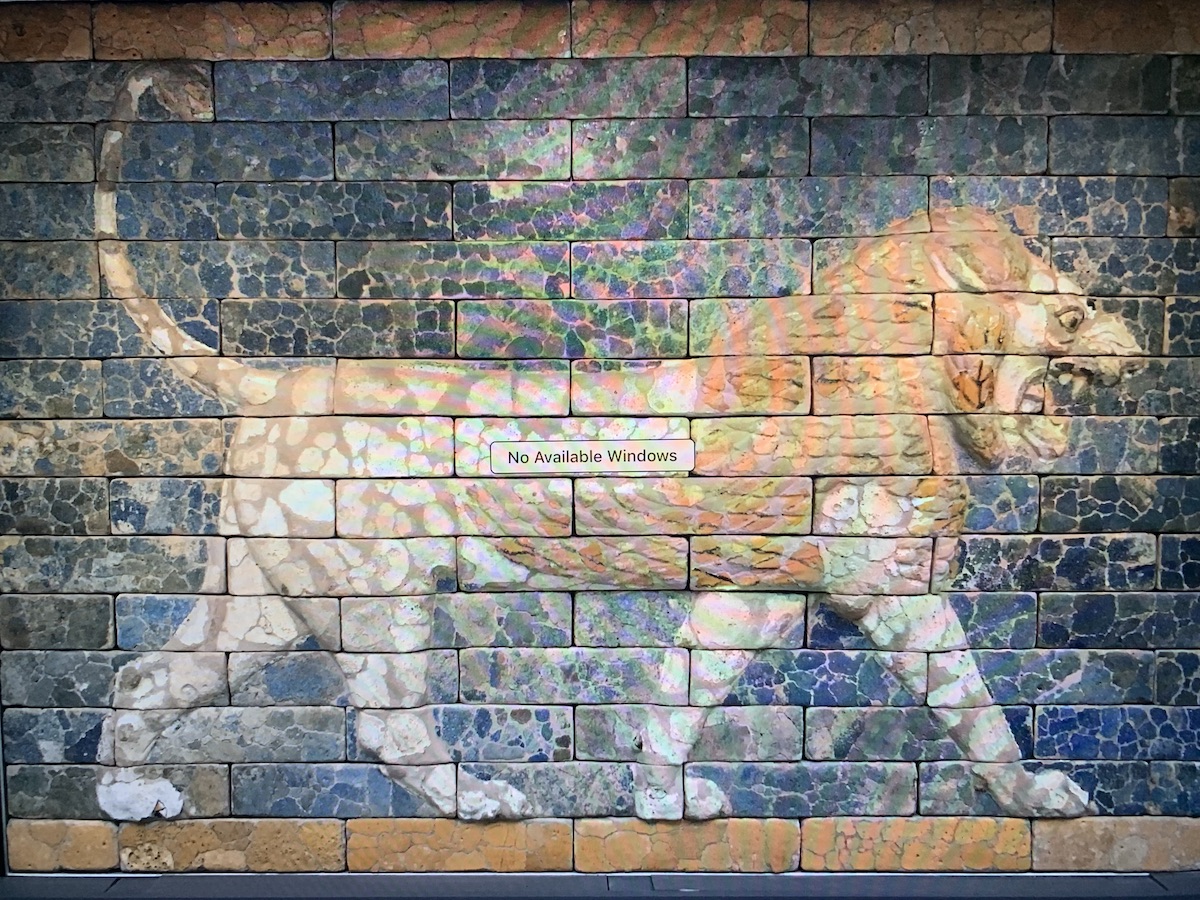Dr. Erica Mongé-Greer is a researcher and author. Erica holds a PhD in Divinity (U. Aberdeen), specializing in Biblical Ethics, Mythopoeia, and Resistance Theory. Her research involves justice advocacy for the poor and resistance literature in ancient religious and mythopoeic texts. A background in journalism and international business inform broad interests in interdisciplinary academic research and critical theory.
As a scholar working in the field of biblical and religious studies, I am deeply committed to engaging diverse perspectives in an effort of inclusion on topics important to human identity. It is essential that theoretical research, which often leads to lengthy conversations about philosophical outcomes, be tied to practical (and even missional) living. Teaching at University is where philosophy and praxis come together. The classroom should be a welcoming and safe environment to pool ideas, thoughts, responses, and encourage critical thought and creative exploration for the purpose of engaging ethical ideals.
My doctoral dissertation featured research in ancient Near Eastern literature from the Hebrew Bible and from Ugarit. The focus of my research project was to discover and evaluate ethics in Psalm 82. I assessed ethics in the psalm that promoted justice advocacy for the powerless and marginalized. This study critically applied a previously unrealized method for identifying implicit ethics in the Psalter which makes way for a much needed shift in how ethics is understood in the Hebrew Bible. The project also presented a unique approach to Psalm 82 that opens this complex psalm to a better and more fully informed reading, further promoted by engaging with resistance literature theories. The manuscript is currently under peer review with a major monograph series.
In my current research, I am challenged to engage with religious contexts as well as popular conversations about topics that intersect with my specialization. I employ critical theories of resistance and justice, so it is a natural progression in my work to consider religious influence and impact on matters of gender, environment, justice, poverty, and other social concerns. As a scholar in the field of biblical studies in ancient Near Eastern context, I am deeply committed to engaging diverse perspectives in an effort of inclusion on topics important to human identity and spirituality. I continue to work in biblical ethics, exploring other psalms in the Asaph collection for implicit ethics. I am also continuing to write on linguistic connections in psalms and Ugaritic myth. In addition, I am under contract to complete a book that tackles religious perspectives raised in the science fiction series Battlestar Galactica, exp. 2021. I am very interested in the interdisciplinary conversations that are being raised between S.T.E.M. subjects and religion, particularly in ethics. Research is at the heart of my interest, and teaching is an extension. In my research as well as in the classroom, I seek to encourage a safe environment to pool ideas, thoughts, responses, and encourage critical thought and creative exploration for the purpose of engaging ethical ideals.
I have ten years of experience as a University instructor. My courses taught in-person include online components, and I also have experience teaching exclusively online courses across various platforms (e.g. Moodle, Canvas, Zoom). I recently spent two years teaching Biblical Hebrew Language and Poetry, as well as Intro to Bible at University of Oregon. Previously, I have taught Introduction to Old Testament at Azusa Pacific University, and other Religion and Biblical Studies courses at a number of small private Universities. I have maintained positive relationships with faculty and administration.
Teaching is where philosophy and praxis come together, an extension of research. The classroom is a special place where research can be practiced, explained, and engage with new thoughts as well as young ideas. It is important that critical theories of religion and philosophy are brought into conversation with real experience. This can be done by bringing high concept ideas, like evil, good, afterlife, and ethics into conversation with grounded encounters, like modern literature, digital media, and shared milestones. In addition to seeking variety of content, I seek opportunities for diversity and inclusion in higher education—together, we are better.
Students come from a variety of social, religious, and ethnic backgrounds. It is always a pleasure to incorporate minority and majority views in a learning environment, attempting to inspire the practice of collegiate engagement not only with knowledge, but with other human beings. My research goals prioritize exploring ancient texts and how they are applied in modern paradigms. This is achieved by encouraging adaptive critical theory that seeks to challenge power structures in order to bring freedom of voice and perspective. I practice this advocacy in my research as well as in the classroom, seeking to mentor students by walking alongside their educational process.
